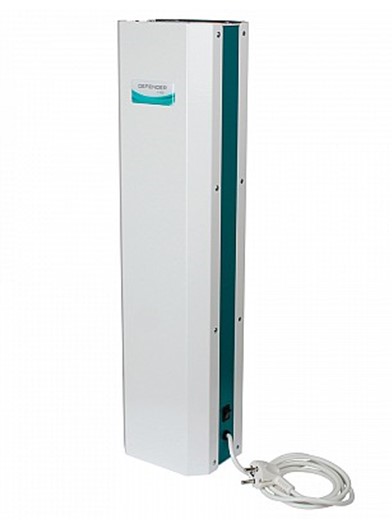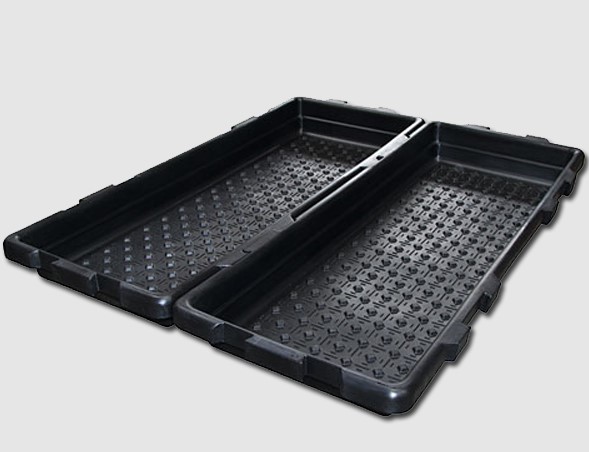Siemens announces exit from joint ventures with Russian Railways
Siemens Mobility is withdrawing from all joint ventures with Russian Railways on May 13, halting maintenance and terminating contracts with the Russian monopolist. This was reported to TASS in the press service of the Siemens group.
“In view of the magnitude of the European Union sanctions against the Russian Federation, as well as the measures taken and potential retaliatory measures and their serious consequences for the day-to-day operations of Siemens Mobility, the decision was made to wind down business in Russia, including exiting existing joint ventures and terminating service contracts for maintenance with Russian Railways from May 13, ”they said.
RBC in the company clarified that the sanctions and the requirements following from them make it “impossible to further fulfill our contractual obligations to Russian Railways.”
Siemens Mobility is a subsidiary of the Siemens Group. It is engaged in the production of rolling stock, electric locomotives, automation and electrification of railways, etc.
In Russia, the company has established a network of depots for the maintenance and repair of Sapsan and Lastochka trains, and its subsidiaries produce frequency converters and traction motors.
A Russian Railways representative told RBC that the maintenance of the Sapsan and Lastochka trains will continue under the current Russian legislation under the guidance and control of the holding.
Medical manufacturer Siemens Healthineers will continue to work in Russia Technology & media
According to Rollingstock Editor-in-Chief Sergey Belov, the cessation of Sapsan supplies is unlikely to be critical, and the Russian side will be able to overcome the problems of production and reorientation of supplies within a year. “The current situation creates all the prerequisites for the implementation of a large-scale program for the construction of high-speed lines [high-speed lines] in Russia, according to the experience of CHINA , as a strong measure to support the economy,” the expert specified.
Pro The risk of an eternal bear market is real. In which stocks to sit out the fall Forecasts Pro Gas supplies to the EU are falling.According to him, the Ural Locomotives plant, which produces Lastochka and electric locomotives, has been operating for more than ten years and a sufficiently high level of localization has been ensured, and a significant part of the intellectual rights already belongs to the Russian side. “Moreover, in recent years, work has been underway regarding the EXPORT of rolling stock - electric locomotives have begun to be delivered to Kazakhstan, and deliveries of Lastochkas to Serbia have been at a serious stage of development,” Belov added.
He also suggested that Siemens Mobility personnel employed at service facilities would go to work either at RZD or at Sinara. “Siemens will have to pay dearly for withdrawing from all agreements with Russian partners by selling a share at a very low price, transferring technical documentation, etc., since the Russian side is unlikely to be willing to buy out the share of a partner that does not fulfill its obligations,” the expert summed up.
RBC sent a request to the press service of the Ministry of Industry and Trade.
Siemens will leave the Russian market Business
Siemens announced its withdrawal from the Russian market “because of the war in Ukraine” on May 12. In early March, the company suspended deliveries to Russia and the work of all new business projects. The Financial Times, citing a source, wrote that the company would continue to perform only "a small amount of service work" in Russia and that Siemens was assessing the consequences of sanctions imposed against Russia after the outbreak of hostilities in Ukraine.
Oleg Belozerov, Chairman of the Board of Russian Railways, said on March 22 that Siemens had notified them of the suspension of the contract for the purchase of Sapsanov. According to him, Lastochka electric trains are "import-substituted by more than 88 percent." Federation Council Speaker Valentina Matviyenko then said that the German company could be replaced by other organizations. She suggested that the company made the decision under duress.
Siemens has been operating in Russia since 1852 when the company was engaged in laying telegraph lines. According to the FT, today Russia accounts for about 1% of all sales of the conglomerate. The parent company of the concern in Russia, Siemens LLC, employs about 2.7 thousand employees, the turnover in the 2020 financial year amounted to €723 million.
After the start of the military operation in Ukraine, many companies announced the suspension of work in Russia, including Nokia, Ericsson, General Electric and others.



























































